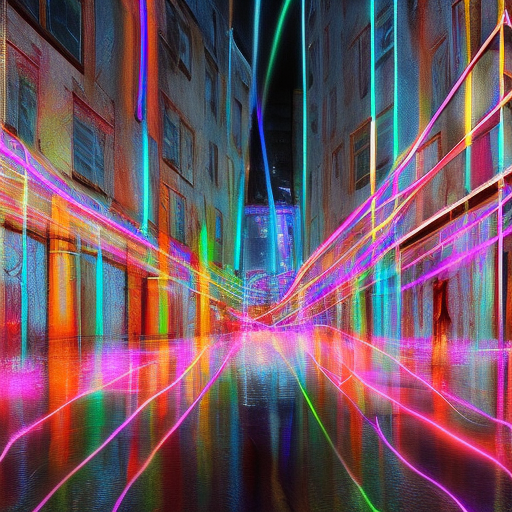One-line Summary:
Chungking Express (1994) by Wong Kar-wai
Two parallel stories of love and longing unfold in the bustling streets of Hong Kong, as two police officers and the women they encounter navigate the complexities of relationships and the transient nature of life.
Main Cast and Crew:
- Director: Wong Kar-wai
- Writer: Wong Kar-wai
- Main Cast:
- Takeshi Kaneshiro as He Qiwu
- Brigitte Lin as Woman in Blonde Wig
- Tony Leung Chiu-wai as Cop 663
- Faye Wong as Faye
- Music Director: Frankie Chan
- Director of Photography: Christopher Doyle
- Producers: Jeffrey Lau, Wong Kar-wai
Plot:
Chungking Express weaves together two separate stories, both set in the vibrant and chaotic streets of Hong Kong. The first story follows He Qiwu, a heartbroken police officer who has recently been dumped by his girlfriend. In his loneliness, he frequents a local fast food restaurant, where he encounters a mysterious woman in a blonde wig. Little does he know that she is a drug smuggler on the run.
The second story revolves around Cop 663, another police officer who has been recently dumped by his flight attendant girlfriend. He finds solace in a local snack bar, where he encounters Faye, a quirky and free-spirited employee. Faye becomes infatuated with Cop 663 and secretly enters his apartment to clean and rearrange his belongings, leaving behind small tokens of her presence.
As the stories unfold, the characters navigate their own emotional journeys, grappling with themes of loneliness, missed connections, and the fleeting nature of relationships. The film captures the frenetic energy of Hong Kong, with its crowded streets, neon lights, and pulsating soundtrack, reflecting the characters’ internal turmoil and desires.
Themes and Motifs:
Chungking Express explores themes of love, loss, and the transient nature of human connections. The film delves into the idea of missed opportunities and the longing for emotional connection in a fast-paced, urban environment. The characters’ encounters with one another are fleeting, emphasizing the fleeting nature of relationships and the difficulty of truly knowing another person.
The film also explores themes of identity and self-discovery. The characters’ interactions with one another force them to confront their own desires and fears, leading to moments of self-reflection and personal growth. The use of repetition and parallel narratives highlights the cyclical nature of life and the possibility of finding love and connection in unexpected places.
Reception and Legacy:
Upon its release, Chungking Express received critical acclaim for its innovative storytelling, stylish visuals, and memorable performances. It won numerous awards, including the Best Director and Best Actor awards at the Hong Kong Film Awards. The film has since become a cult classic and is considered one of Wong Kar-wai’s most influential works.
Chungking Express’s impact on cinema can be seen in its innovative narrative structure, vibrant cinematography, and eclectic soundtrack. Wong Kar-wai’s distinct visual style, characterized by his use of saturated colors and kinetic camera movements, has influenced a generation of filmmakers. The film’s exploration of love and longing in an urban setting has also inspired numerous romantic dramas.
Recommendation:
Chungking Express is a visually stunning and emotionally resonant film that captures the essence of urban life and the complexities of human relationships. Wong Kar-wai’s masterful direction, combined with the captivating performances of the cast, creates a mesmerizing cinematic experience. This film is highly recommended for those who appreciate artful storytelling and poetic visuals.
Memorable Quote:
“We like to think that we’re in control of our lives, but sometimes fate has its own plans.”












